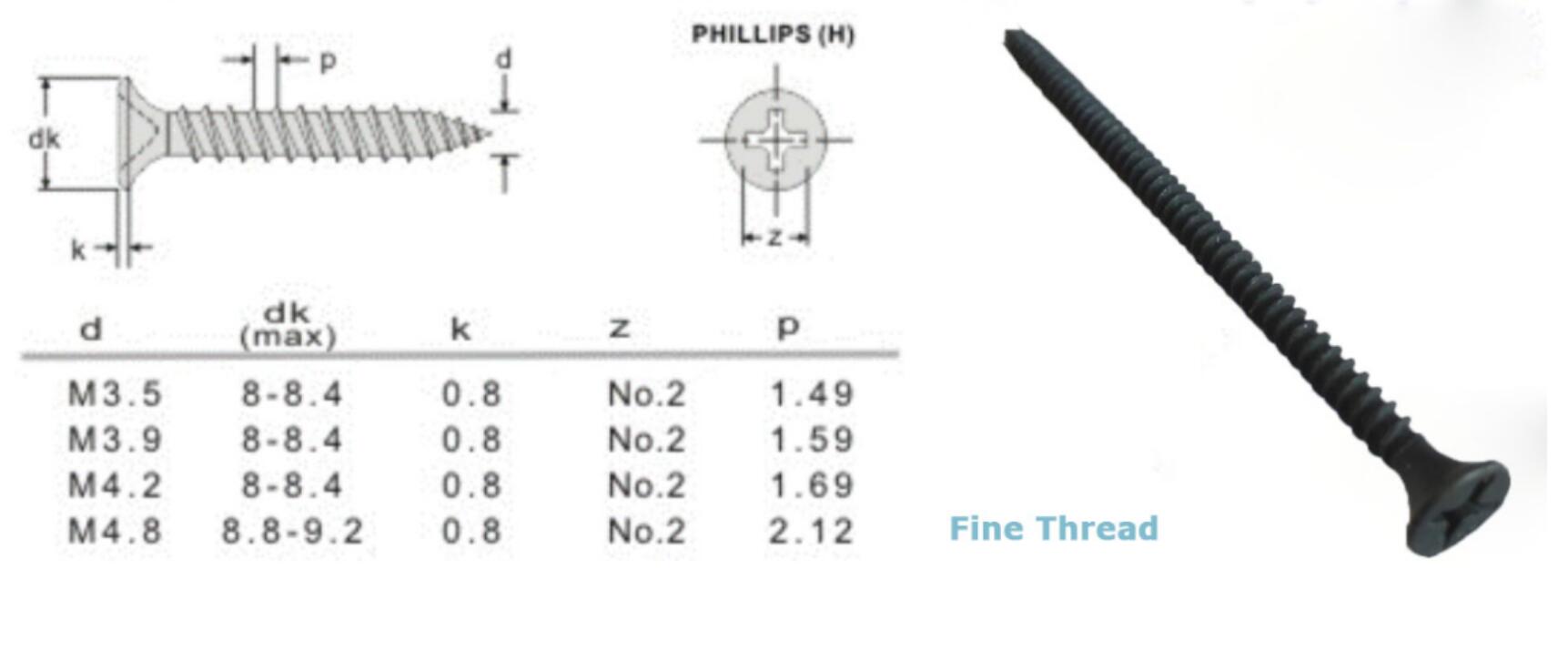drywall screw diameter
Understanding Drywall Screw Diameters A Comprehensive Guide
When working on drywall installations, one of the essential considerations is the choice of screws. Among the various specifications to consider, the diameter of drywall screws plays a crucial role in ensuring a successful installation. This article delves into the importance of drywall screw diameter, how to choose the right size for your project, and the implications of using incorrect dimensions.
What is Drywall Screw Diameter?
Drywall screws are specialized fasteners designed for attaching drywall sheets to wood or metal studs. The diameter of these screws is a critical measurement that influences their holding strength, penetration ability, and overall performance. Generally expressed in inches or millimeters, the diameter of a drywall screw ranges from around 6 to 10, with most commonly used diameters being between 0.138 inches (3.5 mm) to 0.194 inches (4.9 mm).
Importance of Choosing the Right Diameter
1. Holding Strength The diameter of a drywall screw directly affects its tensile strength. Thicker screws provide greater grip and resistance to pull-through forces, making them ideal for heavier drywall materials or when the installation will endure significant loads.
2. Material Compatibility Different drywall types, such as standard gypsum board, moisture-resistant (green board), and heavier options, may require specific screw diameters. For example, thicker boards will necessitate a screw with a larger diameter to ensure adequate support.
3. Ease of Installation A larger diameter screw may require more torque to drive into the material, potentially leading to issues like stripping the screw head or damaging the drywall. Conversely, a screw that is too thin may bend or break during installation. Selecting the appropriate diameter can make the job easier and more efficient.
4. Surface Integrity Using screws of the correct diameter helps maintain the integrity of the drywall surface. Screws that are too large can create noticeable bulges or cracks, while those that are too small may not securely hold the drywall in place.
drywall screw diameter

Choosing the Right Diameter for Your Project
When deciding on the diameter of drywall screws, consider the following
- Type of Project For standard drywall installations, a 6 screw (approximately 0.138 inches) is typically sufficient. If you’re working on heavy drywall or using multiple layers, then you might want to opt for a 8 or 10 screw.
- Stud Material Whether you are attaching drywall to wood or metal studs influences the choice of screw diameter. Metal studs often require thicker screws (like 10) to create a secure hold, while wood studs can be adequately fastened with 6 or 8 screws.
- Environmental Factors If you are working in areas prone to moisture, such as bathrooms or kitchens, consider using coated screws that resist rust and corrosion. In such cases, the diameter should still provide a solid hold while addressing weather-related challenges.
Common Mistakes to Avoid
One common mistake is using the same screw diameter for all drywall types and applications. It’s essential to consider the specific needs of each project for optimal performance. Additionally, be cautious of oversizing screws; while thicker screws provide better hold, they also pose a higher risk of drywall damage and can lead to costly repairs.
Conclusion
Understanding drywall screw diameter is fundamental for successful drywall installation. By choosing the right diameter for your specific application, you ensure a robust and reliable attachment that stands the test of time. Whether you are a DIY enthusiast or a professional contractor, taking the time to assess your options will lead to better results and a more aesthetically-pleasing finish in your drywall projects. Happy installing!
-
Top Choices for Plasterboard FixingNewsDec.26,2024
-
The Versatility of Specialty WashersNewsDec.26,2024
-
Secure Your ProjectsNewsDec.26,2024
-
Essential Screws for Chipboard Flooring ProjectsNewsDec.26,2024
-
Choosing the Right Drywall ScrewsNewsDec.26,2024
-
Black Phosphate Screws for Superior PerformanceNewsDec.26,2024
-
The Versatile Choice of Nylon Flat Washers for Your NeedsNewsDec.18,2024










